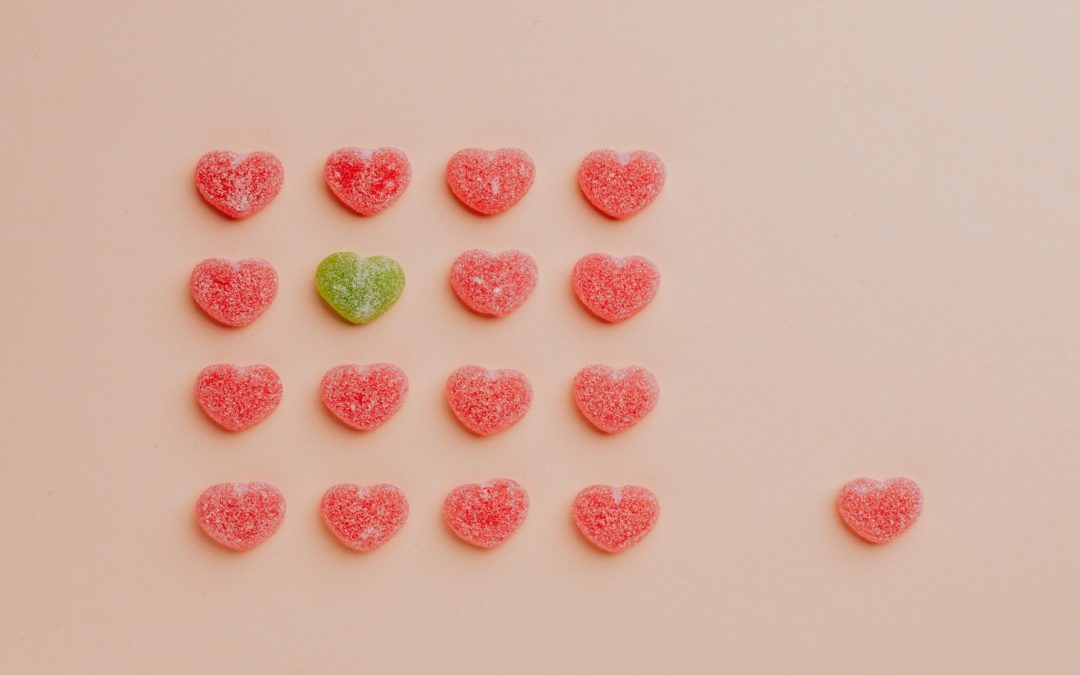When we take a step back and look at all the research that is being conducted around the use of ketamine for depression, it is absolutely remarkable. It seems as though each and every day a new facet of the drug is being put under a microscope. With this being said, it is no surprise that a study conducted by Park et al., took a look at the effectiveness of ketamine on both atypical and typical depressive symptoms.
Before diving in to this study, it is probably prudent to first describe the difference is between atypical and typical depression. The term “atypical” came into use during the late 1950s when psychiatrists noticed that some depressed patients responded well to tricyclic antidepressants while, for others, only MAOIs (monoamine oxidase inhibitors) were effective. When comparing the symptoms between these two groups, there were many similarities. However, there was one critical difference: mood reactivity. In other words, a person’s mood improved when something positive happened.
Atypical depression is now referred to as major depressive disorder with atypical features, and it is quite common. The onset of symptoms usually occurs at an early age with a diagnosis typically during the teenage years. In addition to traditional depressive symptoms and mood reactivity, people with atypical depression may also experience increased appetite and weight gain; heavy feeling in the arms or legs; and extreme sensitivity to rejection. Researchers are still trying to unlock why some people experience atypical depression but believe that a potential cause is an imbalance in certain neurotransmitters.
With this information in mind, we can now take a look at the study conducted by Park et al., which was published in Acta Psychiatrica Scandinavica. The research team selected 68 participants who met the criteria for treatment-resistant depression. These individuals were separated in to one group which was administered IV ketamine and a control group which received a saline placebo. Atypical and typical depression symptoms were rated before, during, and after the infusions.
The result of the study found that there were improvements in the depressive symptoms for both those identified as suffering from atypical and typical depression when compared to the control group. For those with typical depression, ketamine produced the greater effects after one day. By the third day, however, the effects of ketamine on both atypical and typical symptoms were the same. This study demonstrates ketamine’s ability to reduce depression symptoms regardless of the type of depression a person is suffering from. This is an important discovery because, as previously mentioned, atypical and typical depression each have historically required a different medication to address the unique symptoms of the condition.

Contact Ketamine Greater Boston
Ketamine Greater Boston offers Spravato™ nasal spray and ketamine infusions for the treatment of depression, anxiety, PTSD, and other psychiatric conditions. If you are suffering from treatment-resistant depression and haven’t found a solution, ketamine could be what you’re looking for. Contact us for a free consultation today to learn more about ketamine infusions and find out if you’re a candidate.


Recent Comments